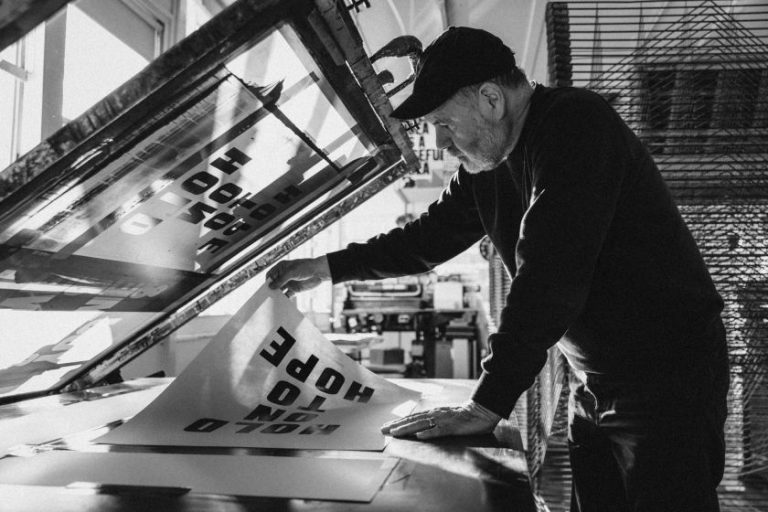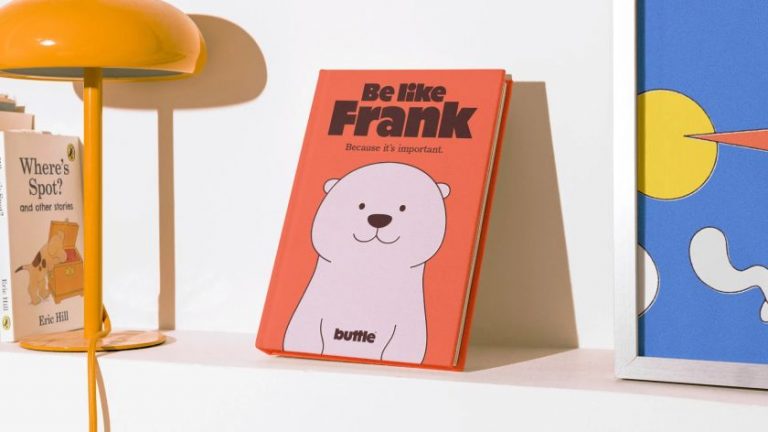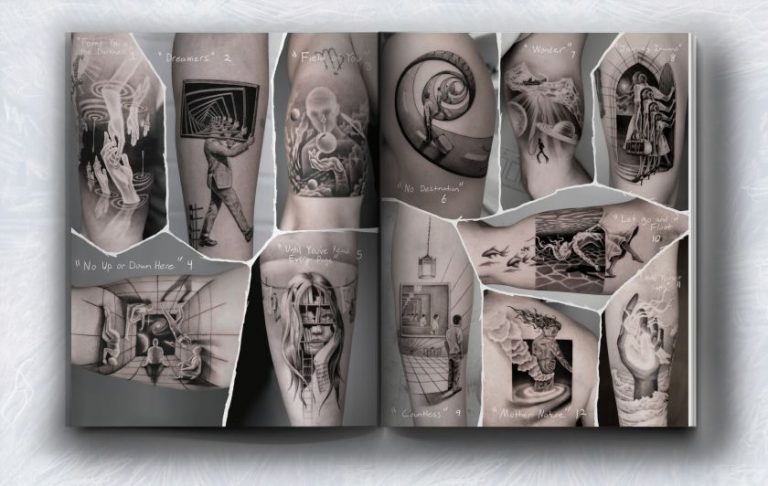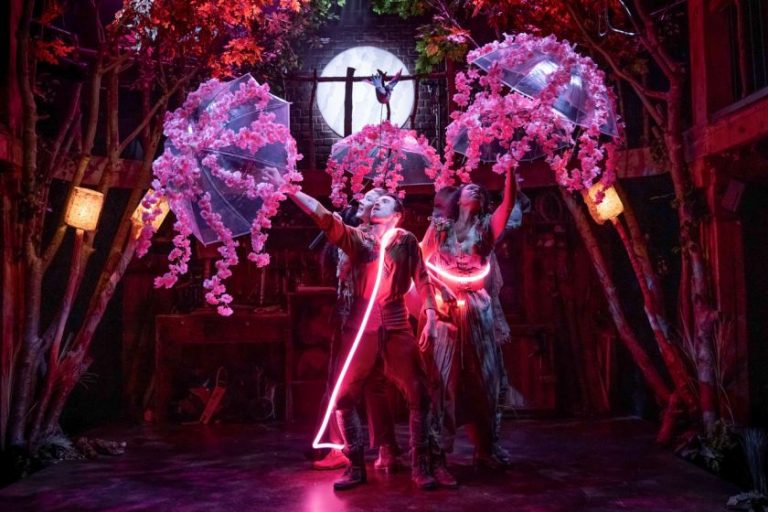Admiral 50 Years of the Replica Shirt pays tribute to the company that first introduced replica shirts in the early 1970s. We chat with Glory Studio’s Lee Nash to learn more.
It’s weird to imagine now, but there was once a time when fans wearing replica football shirts of their heroes would have seemed quite peculiar behaviour. This is actually quite a modern phenomenon that began in the early 1970s.
In the 1973-74 season, sportswear brand Admiral forever changed the British football landscape with the introduction and sale of the first replica shirt. The move sparked an explosion in football design, manufacturing, and culture that continues to the present day.
And this fascinating journey has now been chronicled in a commemorative, limited-edition, coffee table-style book, titled Admiral 50 Years of the Replica Shirt.
The book is a partnership between football design studio Glory Studio, Admiral Sports and Halcyon Publishing. We caught up with Lee Nash of Glory Studio to find out more.
Why shirts are important
Lee explains what makes these shirts so special to fans. “Football shirts are, in their very essence, uniforms and something that unites all fans of a club,” he says. Each season, players and fans alike wait in anticipation to see what the latest iteration of their club shirt looks like.
“It’s important to remember that the home shirt is always in the traditional colours of the club,” he adds. “The away kit offers more freedom with colourways, and in the modern era, the third shirt has been introduced, often seeing the more outrageous designs.
“The football shirt has importance beyond just the club’s colours, though. It can often be the players who wore the shirt, the goals scored wearing the shirt, or, for the lucky few, the trophies lifted.”
A labour of love
Blending newly commissioned photography with archive images, original design sketches and contributions from collectors, presented with Glory’s hallmark approach to design, the book features essays on notable kits and their context from some of football’s best writers, including Harry Pearson, Rob Bagchi, Daniel Gray, Andi Thomas, Ian King and Ian Plenderleith.
There are also contributions from famous fans including Maisie Adam, Mark and Paul Watson, James Brown and Guy Mowbray, along with academic insight into the design, manufacturing and socially pioneering nature of shirts from Professors Jean Williams and Andrew Groves.
The book further contains recollections from players and managers who have worn the shirts, including Gary Lineker, Alan Shearer, Sue Smith, Peter Shilton, Roy Hodgson, Viv Anderson, and Mark Hateley. It also includes an illustrated Admiral kit directory by designer John Devlin.
As a long-time football fan, it was a labour of love for Lee. “I fell in love with football when my parents took me to Barcelona’s stadium – Camp Nou – as a seven-year-old,” he recalls. “This led to a lifelong fascination with the game. I used to get three football magazines delivered to my door every week, and I studied and devoured every page.
“Fast-forward eight years, and I fulfilled my childhood dream and launched my own football magazine, Glory,” he continues. The publication has been sold in 70 countries and won Best Sports Magazine at the International Creative Media Awards last year.
“We travel to a different country, city or club for each issue and document its football, travel and culture,” he explains. “It’s the perfect publication for any budding groundhopper. I’ve managed to inflict my football obsession on my sons, too – they sit with me every other week at Portman Road as we watch our beloved Ipswich Town.”
Timely release
To Lee, the new book comes at the perfect time. “The growth in popularity around replica football shirts has never been bigger,” he enthuses. If you attended Glastonbury Festival last year, you would’ve spotted every other festival-goer donned in a random football shirt.”
He tells us more about that first replica shirt, which kicked everything off exactly half a century ago. “It was a yellow kit produced for Leeds United,” he explains. The shirt featured blue and white tape down the sleeve and either sewn-on patches or heat transfer branding on the shirt.”
And here’s something you might not have guessed. “The initial shirts were only produced in children’s sizes, making it almost impossible to find adult pieces from this era,” reveals Lee. “Admiral took advantage of the changes in copyright law during the time to allow them to take ownership over the designs of the shirts, leading to even more unique shirt designs.”
So the obvious question is: what’s Lee’s own favourite design? “That’s a tough question!” he responds. “Possibly the Admiral Wales shirt of 1976-79. This shirt, for me, highlights everything that football shirt design became in an era. Over just three years, the team at Admiral had understood that the football shirt was a canvas to proudly display the teams’ colours. With a mix of red, yellow and green, this stand-out piece is based on the hourglass silhouette invented by Admiral during this time.”
As for the modern era, a watershed moment for the brand was the Walthamstow FC kit from 2023, says Lee. “The shirt featured a William Morris design throughout the shirt. Taking the internet by storm and reaching a global audience, it showed how, even in the 2020s, pushing boundaries of design will get attention and be at the heart of the Admiral brand.”
Marking the first-ever year of replica shirt sales, an initial 1,974 individually numbered hardback books are now on pre-order. These will be the only books of this type produced before a softback version is released for retail later in 2024.










